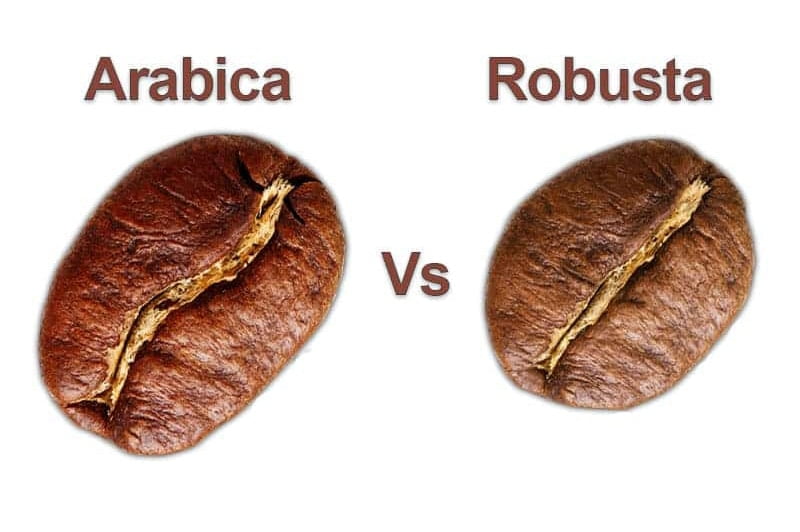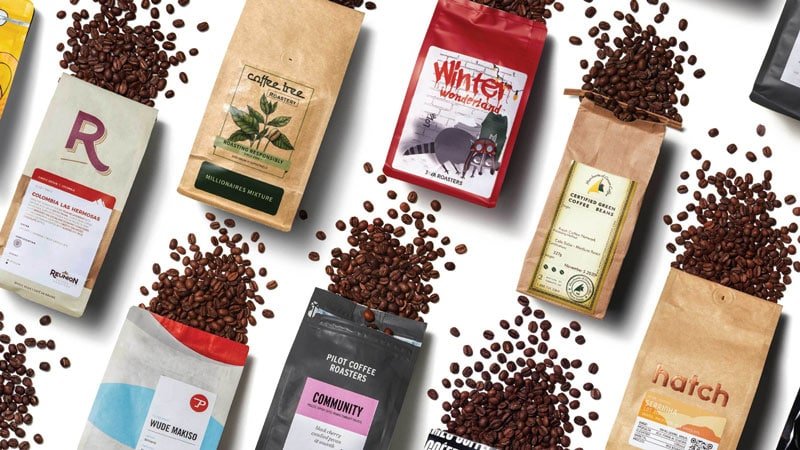Have you ever asked yourselves “how many coffee beans in a pound”?. Today, I’ll present you with a complete answer that’ll provide you with everything you need to know regarding this aspect. So without further ado, let’s dive in!
See also:
How Many Coffee Beans In A Pound?
There are about 3200 to 3500 whole coffee beans in a one-pound bag of whole bean coffee. However, many bags of coffee come on 12oz packages and not 16-ounce ones. It is also worth noting that coffee beans come in different weights, and a bag of beans usually contains chaff due to defects.
A recent unpublished analysis by the author revealed that between 25 and 35% of a bag of coffee contains chaff. This means while it’s true that approximately 3200-3500 whole beans weigh a pound, there are actually much fewer whole beans in an actual pound of coffee.
Samples collected in 2009:
- Starbucks Sumatra Whole Bean: In a pound of coffee, there are 3243 undamaged beans
- Starbucks Colombian: In a pound of coffee, there are 3150 undamaged beans
How Many Cups Of Coffee Can You Make With One Pound Of Coffee Beans?
A single pound of coffee beans is about 454 grams. Since one bean is about 0.1325 grams, this means that one pound of beans contains 3426 coffee beans.
The general amount of coffee beans you need per cup is about 75 to 76. On average, you’re going to get around 45 cups of coffee with a pound of beans.
The number of coffee beans in a cup will vary depending on the type of beans, grind size, and degree of roasting. It also depends on whether you want stronger coffee or weaker. The stronger you like your coffee, the more coffee it requires.
Does The Type Of Beans Make A Difference?
There are two main types of coffee beans, which are Coffea Arabica and Coffea Robusta. Other less common types include Coffea Liberica and Coffee Excelsa.
Coffee Arabica
Coffee Arabica is the most cultivated type of coffee plant in the world. It currently represents approximately 60-75% of the world’s annual production of coffee.
Many people have referred to them as “mountain coffee” because they are grown in a high altitude with constant rain and shady conditions. Their trees typically grow to be about 6 feet tall.
Arabica beans have a rich flavour and are grown in harsher conditions than other beans. This means that Arabica beans contain more fats and nutrients reserves, which is why they’re larger in size. As a result, they retain more of their weight after roasting.
Coffee Robusta
Coffee robusta beans are the second most popular type of coffee beans.
Robusta coffee beans have almost double the caffeine and antioxidants of Arabica coffee beans. Many people drink Robusta coffee due to its high caffeine content rather than its taste or the quality of its coffee brews.
It grows at a much lower altitude. So, the coffee beans are less aromatic with a lower acidity and more bitterness than those of Coffea Arabica. Robusta beans are smaller than Arabica beans after roasting, as their environment doesn’t force them to grow large.
Adding Robusta beans to your cup proportionally requires more coffee beans. However, the difference between the two beans is not significant.

Some Related Questions
How many tablespoons of coffee in 1 pound?
Ground Coffee: One pound of coffee is equivalent to about 75 tablespoons of ground coffee. This is based on a weight of 6 grams per tablespoon.
Coffee Beans: One pound of coffee is equivalent to about 90 tablespoons of coffee beans. This is based on a weight of 5 grams per tablespoon.
The answer may be different since it depends on the size of the spoon you’re using!
How many grams of coffee are in a cup?
The method of making coffee will affect how much weight/volume of ground coffee is used. But for drip-style coffee, about 7 to 10 grams per cup is recommended.
Is it cheaper to buy ground coffee or beans?
There are not many price differences between ground coffee and whole beans. In fact, many brands offer the same prices for pre-ground or whole beans.
Conclusion
I hope this answer has cleared up some of the confusion about how many coffee beans in a pound. Actually, the most significant variable is personal taste. What tastes good to you will make excellent coffee.

I’m Floyd J. Alcock, an experienced barista with a deep love for coffee. I curate personalized coffee experiences, guiding customers through diverse flavor profiles and suggesting ideal brewing methods. My extensive knowledge of espresso machines enables me to recommend the best equipment to match specific needs and budgets. Sharing my expertise and passion with coffee enthusiasts brings immense satisfaction. I look forward to continuing my journey of coffee discovery with every customer I serve, fostering connections over a shared love for this magical beverage.
